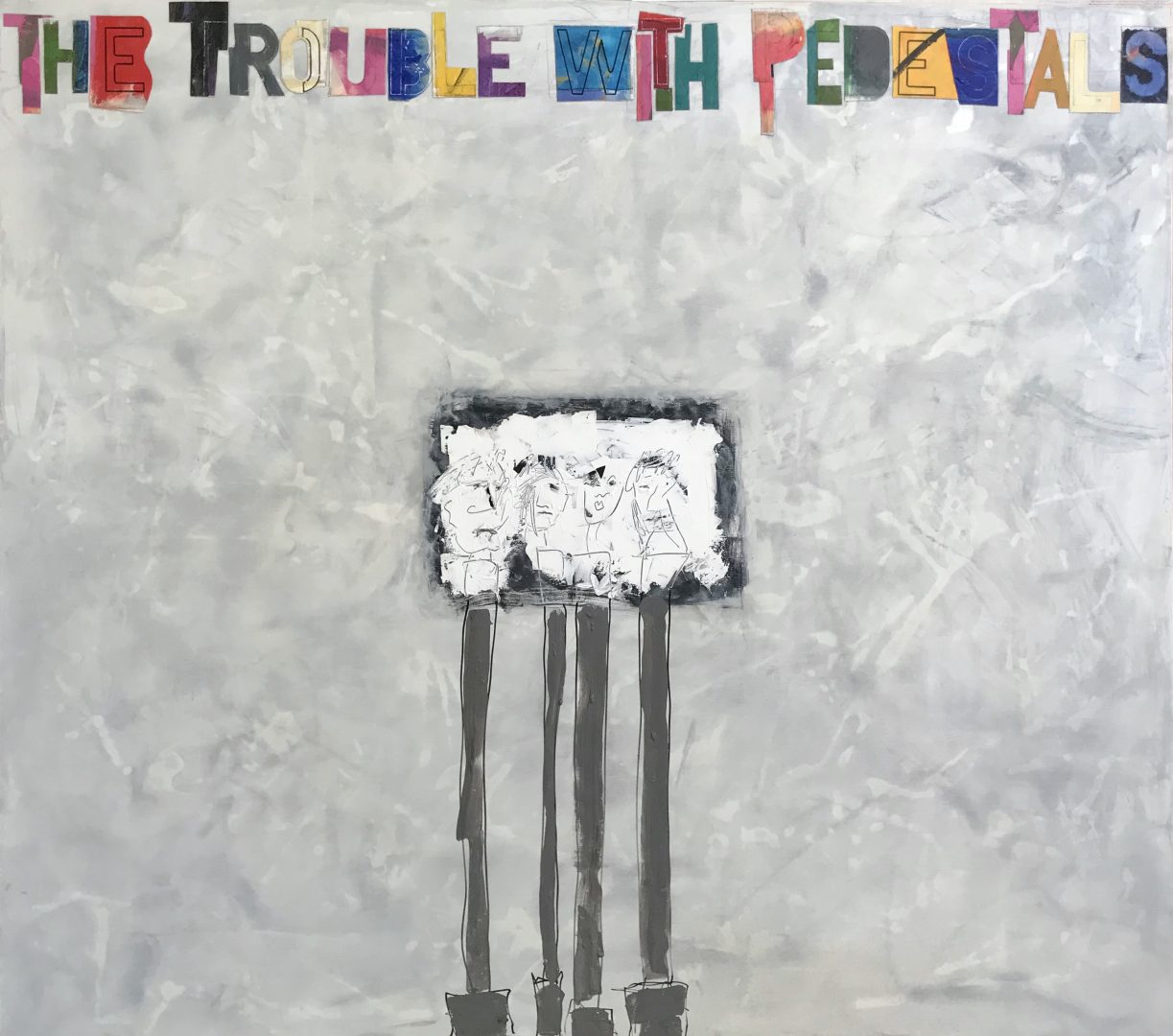The Open Call for the Social Art Award 2019 under the topic “We are the People – Peaceful Revolutions” was closed on December 15, 2019. We are very impressed by 558 submissions that were contributed by artists coming from 65 countries across all continents.
The winners of The Social Art Award 2019 are Narcissa Gold (USA), Melinda Mouzannar (Lebanon) and Bogna Grazyna Jaroslawski (Poland/Germany). The Honorary Mention goes to Kingson Kin Sing Chan (Hong Kong/UK).
Below you find the artworks, that passed the initial jury round. The public voting took place till 30 December and is a tool to give more public visibility to the topic and the artworks. It does not replace the final jury judgment. There were two wildcards for the most voted artworks that entered the final shortlist.
The focus diversity of applications shows that artists are active in the multi-faceted fields of socially engaged art reflecting on wars, genocides, femicides, traumata, violence against refugees, children, women, men, disabled people, LGBTIQs, animals. They share feelings for the planet and its living species, but also showing hopelessness due to complex crises be it climate change (e.g. in regard to water pollution), capitalism, corruption, a violation against human rights, nature, protected national parks. Many of the artists are constantly trying to give a voice to the poorest or empower unheard social groups.
It’s not only about peaceful revolutions, but it’s also about feeling a deep connection and showing love and respect for each other.
Thank you all for sharing your great and inspirational work and look at all the great contributions!
The Trouble with Pedestals
Judy Liebert
open category
Inspired by a visit to the Cluny Medieval Museum in Paris, the painting examines the evolutionary foundations of hierarchy, status, dominance, prestige and leadership in relation to the climate debate. A conversation that is no longer about CO2 and temperature models but firmly about human bias, values and ideologies. The question; how to explain the persistent resistance of most individuals and governments to the radical behaviour change that is necessary. How can art catalyze change?: ‘You can take the person out of the Stone Age, but you can’t take the Stone Age out of the person’. Climate change needs behavioural response. We must to step down from our pedestals and fully connect with what is happening to our shared planet. I am an active member of XR. Proposed as symbol.
Inspired by a visit to the Cluny Medieval Museum in Paris, the painting examines the evolutionary foundations of hierarchy, status, dominance, prestige and leadership in relation to the climate debate. A conversation that is no longer about CO2 and temperature models but firmly about human bias, values and ideologies. The question; how to explain the persistent resistance of most individuals and governments to the radical behaviour change that is necessary. How can art catalyze change?: ‘You can take the person out of the Stone Age, but you can’t take the Stone Age out of the person’. Climate change needs behavioural response. We must to step down from our pedestals and fully connect with what is happening to our shared planet. I am an active member of XR. Proposed as symbol.



